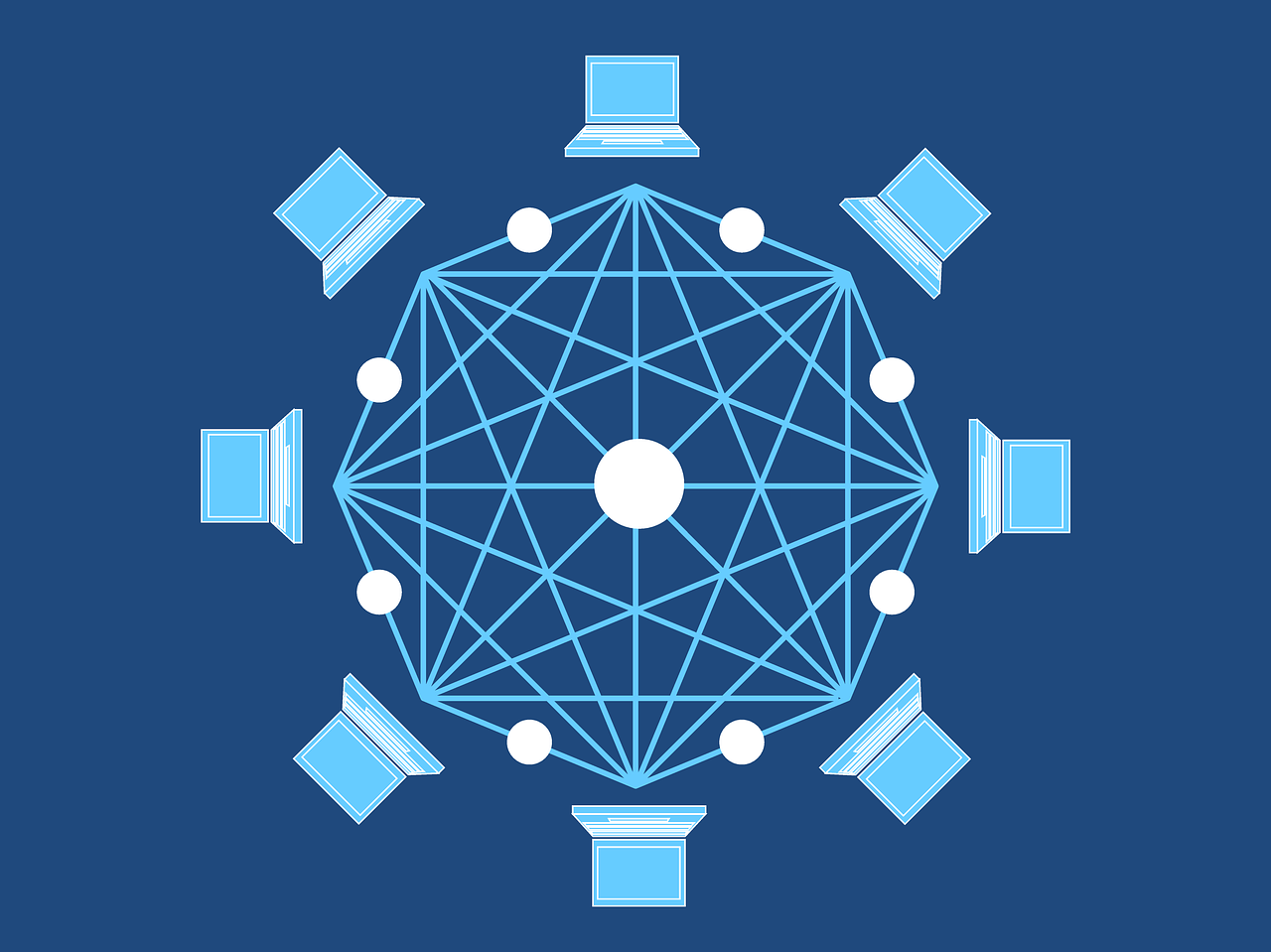The United States Senate Committee on Armed Services has directed the Secretary of Defense, Retired General Lloyd Austin, to explore potential applications of blockchain technology for supply chain management and other national security uses within the US Department of Defense (DOD).
Directive from the Senate Committee
On July 9, the US Senate Committee on Armed Services issued the report for the fiscal year 2025 National Defense Authorization Act (NDAA). This report includes specific authorizations for the Army, Navy, Air Force, and Defense-wide programs. Among these authorizations is a directive to investigate the potential of blockchain technology to enhance various aspects of national defense.
Potential of Blockchain in Defense
The committee recognized the significant potential of blockchain technology to strengthen the cryptographic integrity of the defense supply chain, improve data integrity, and reduce the risk of data manipulation or corruption by near-peer competitors. The report states:
“The committee notes that blockchain technology has the potential to enhance the cryptographic integrity of the defense supply chain, improve data integrity, and reduce the risk of the manipulation or corruption of certain types of data by near-peer competitors.”
The Senate committee also wants the DOD to explore blockchain use cases “to achieve national security goals and to create secure, transparent, accountable, and auditable data related to supply chains.” To further this effort, the committee has directed Austin to provide a comprehensive briefing by April 1, 2025.
Findings Required in the Blockchain Briefing
The blockchain briefing must include six key findings:
- Pilot Programs and R&D Efforts: A plan for pilot programs or research and development efforts to explore the use of blockchain technology in national security applications, including supply chain management, cybersecurity for critical infrastructure assets, and procurement auditability.
- Benefits and Risks: Identifying the benefits and risks of blockchain in supply chain tracking and management.
- Current State of Blockchain Adoption: Analyzing the current state of blockchain adoption in the supply chain industry and foreign countries like China and Russia.
- Feasibility and Cost Estimates: Identifying feasibility and cost estimates for implementing blockchain technology in the defense sector.
While members of the US Senate committee are eyeing blockchain adoption for national security purposes, US politicians are also starting to advocate for broader cryptocurrency and Bitcoin adoption.
According to a July 8 update to Republican Party presidential candidate Donald Trump’s campaign website, the Republican National Committee has passed a draft of a policy platform that includes advocating for cryptocurrencies and Bitcoin mining.
“We will defend the right to mine Bitcoin, and ensure every American has the right to self-custody of their Digital Assets, and transact free from Government Surveillance and Control,” said the updated platform.
| Directive | Details |
|---|---|
| Pilot Programs and R&D | Develop plans for pilot programs and research efforts to explore blockchain uses |
| Benefits and Risks | Identify benefits and risks of blockchain in supply chain management |
| Current State of Adoption | Analyze blockchain adoption in supply chain industry and in countries like China and Russia |
| Feasibility and Cost Estimates | Provide feasibility and cost estimates for blockchain implementation |
The directive from the US Senate Committee on Armed Services to explore blockchain technology for national security applications signifies a forward-thinking approach to leveraging emerging technologies. By investigating the potential of blockchain, the DOD aims to enhance the security and efficiency of its supply chains and data management systems. This move aligns with broader trends in the political landscape, where advocacy for cryptocurrencies and blockchain technology is gaining momentum.










